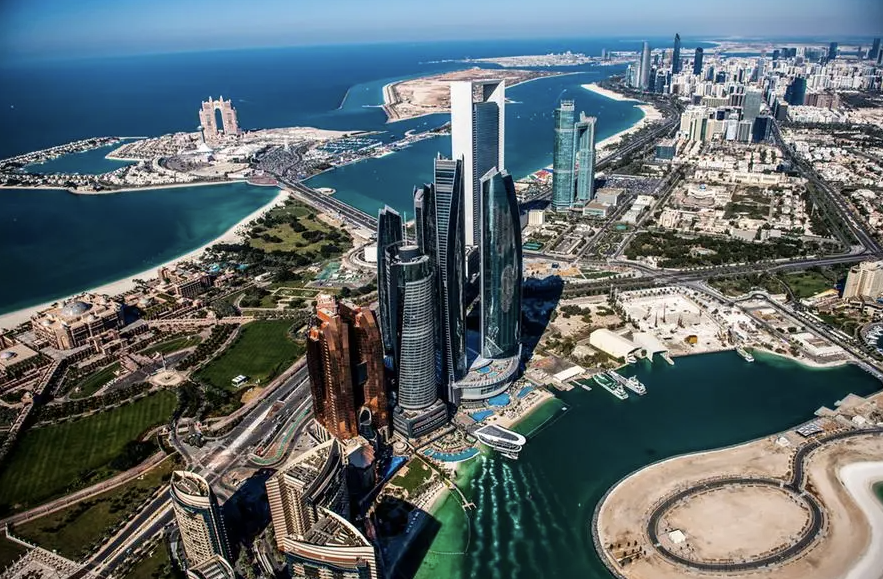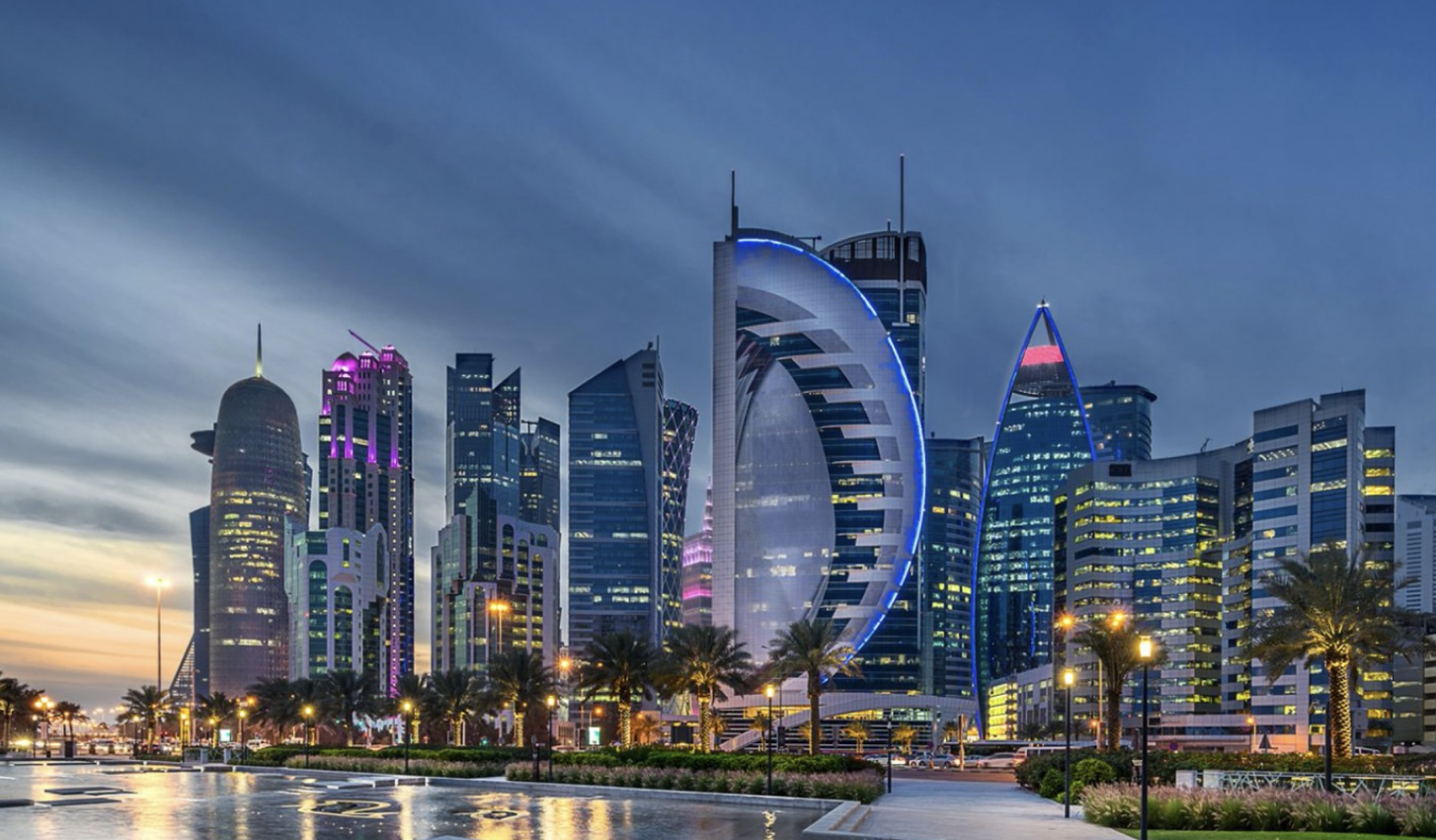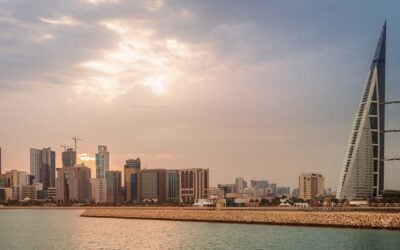The United Arab Emirates (UAE) and Qatar are two of the Gulf region’s most prominent investment destinations, each offering unique opportunities and challenges for foreign investors.
Both nations boast strong economies, modern infrastructure, and strategic locations, yet their approaches to economic growth, business policies, and lifestyle appeal differ significantly.
If you’re weighing your options between these two Middle Eastern powerhouses, this guide will help you understand the key distinctions that could shape your investment decisions.
Economy: Oil and Diversification
The UAE and Qatar have both built their wealth on the back of the oil and gas industries, but their strategies for economic diversification set them apart.
The UAE, particularly through the efforts of Dubai and Abu Dhabi, has successfully reduced its reliance on oil revenues.
Currently, oil contributes to around 30% of the UAE’s GDP, with other sectors like tourism, real estate, construction, and banking driving substantial growth.
Dubai, in particular, has positioned itself as a global hub for tourism and commerce, welcoming millions of visitors and businesses every year. This diversification strategy has helped the UAE weather fluctuations in oil prices and build a more balanced economy.
Abu Dhabi, meanwhile, with its vast oil reserves, supports this diversification by reinvesting oil profits into infrastructure, culture, and renewable energy.
In contrast, Qatar remains heavily reliant on its energy sector, particularly its status as the world’s largest exporter of liquefied natural gas (LNG).
While the country has made efforts to diversify, such as investments in education, sports, and infrastructure, its progress has been slower compared to the UAE.
Qatar’s growth is closely tied to global energy markets, which can make it more vulnerable to external shocks. However, its focus on LNG has given it a unique position in the energy market, ensuring steady revenues and long-term potential.
The UAE offers generally a broader range of opportunities across multiple industries. Qatar’s economy provides a more focused landscape, especially for those interested in energy and infrastructure projects.
Business: Work and Entrepreneurship
When it comes to attracting foreign businesses, the UAE has developed a reputation as a highly business-friendly destination.
Dubai specifically has created numerous free zones where foreign investors can enjoy 100% ownership, tax exemptions, and straightforward regulations.
Abu Dhabi, while slightly more conservative, also offers excellent facilities and incentives for businesses looking to establish a presence.
Qatar, while competitive, has a more complex regulatory environment for foreign investors. Certain industries still require local partnerships or majority Qatari ownership, which can be a hurdle for newcomers.

Between the UAE vs Qatar, the UAE is perfect for investors looking for a dynamic, diversified market with business-friendly policies and a cosmopolitan lifestyle.
With that said, Qatar’s government introduced reforms in recent years, including free zones and the relaxation of some ownership restrictions.
These changes aim to position Qatar as a more attractive destination for foreign capital, but navigating the legal and bureaucratic landscape can still be challenging.
For investors prioritizing ease of entry and streamlined processes, the UAE holds a clear advantage. Yet Qatar’s efforts to modernize its business environment indicate that it’s gradually becoming more accessible to foreign investors.
Real Estate: Which is Better for Property?
Real estate is a major draw for foreign investors in both the UAE and Qatar, but the markets in these countries cater to different investor profiles.
The UAE’s property market, especially in Dubai, is one of the most dynamic in the world. From luxurious high-rises to sprawling commercial developments, Dubai offers a wide range of investment options.
Yet Dubai’s property market has faced issues of oversupply in recent years, leading to fluctuations in property values and rental yields. While this volatility can pose risks, it also creates opportunities for savvy investors who can capitalize on market cycles.
Abu Dhabi’s real estate market, on the other hand, is more stable and focuses on high-end residential and commercial properties.
Qatar’s property market is smaller but has shown consistent growth, introducing incentives for foreign property buyers, such as offering residency permits for investments above a certain threshold.
While the market lacks the scale and liquidity of Dubai, it offers stability and potential for long-term appreciation, especially in key areas like Doha.
It’s worth noting that foreigners can only own property in specific designated areas in Qatar. You can’t simply buy any type of property you want, whereas you can in Dubai.
For anyone seeking high liquidity and diverse opportunities, Dubai’s real estate market is more appealing. However, those looking for a more stable and less saturated market may find Qatar’s property sector to be a better fit.
Geopolitics: Stability and Safety
The Gulf region is no stranger to political tensions, and these dynamics play a role in shaping the investment landscape in both the UAE and Qatar.
The UAE has placed itself as a politically stable and progressive nation, attracting foreign investors with its forward-thinking policies and international partnerships.
Close proximity to hotspots like Iran means that investors should remain vigilant about broader regional risks though.
Qatar, while also stable internally, has faced diplomatic challenges in recent years, most notably the 2017 Gulf crisis when neighboring countries, including the UAE, imposed a blockade.

Best for investors focused on energy ventures or those preferring a smaller, steadier market, Qatar offers solid potential for long-term growth.
Although relations have improved, these events serve as a reminder of the complexities of regional politics. Qatar’s close ties with global powers and its strategic investments in international markets have helped it maintain its influence despite these challenges.
Investors should carefully consider the Gulf region’s geopolitics, keeping in mind that both the UAE and Qatar offer relative stability but aren’t immune to external pressures.
Culture and Lifestyle: Living as an Expat
For foreign investors planning to live in the region, the lifestyle and cultural appeal of each country can be a deciding factor.
The UAE, particularly Dubai, is renowned for its cosmopolitan atmosphere, luxury shopping, and vibrant nightlife. It’s a melting pot of cultures, with a large expat community that makes up the majority of the population.
Abu Dhabi, while more traditional, offers a balance of modern amenities and cultural heritage, making it ideal for those seeking a quieter lifestyle with a touch of luxury.
Qatar, in contrast, is more conservative and family-oriented. Doha, the capital, has seen significant development in recent years, offering a mix of modern facilities and traditional experiences.
While it lacks the same level of nightlife and entertainment as Dubai, it provides a more relaxed and community-focused environment, which appeals to families and those seeking a quieter lifestyle.
For those seeking a dynamic and diverse lifestyle, the UAE is the clear winner. However, Qatar’s slower pace and emphasis on tradition may be more appealing to certain investors and expats.
Conclusion: Is Dubai or Qatar Better?
Choosing between the UAE and Qatar ultimately depends on your investment goals and personal preferences.
That said, we don’t want to end this battle with a non-answer. Too many “comparisons” never actually answer the questions and, quite frankly, we think that’s sort of lame.
The UAE is simply a large financial hub, with more amenities and is generally more business friendly. It’s possible to get a long-term visa if you have the funds, and it’s incredibly open to foreign investment.
You can buy property as a foreigner without much hastle in Dubai – the same can’t be said for Qatar where it’s only possible to own freehold land in specific areas targeted for foreign investment.
Qatar is improving each year though, and will likely see itself open up more within the next decade. It’s worth noting that Qatar’s GDP per capita is actually higher than the UAE’s!
To summarize:
- The UAE is ideal for investors seeking a diversified economy, ease of doing business, and a vibrant, cosmopolitan lifestyle. With its booming tourism industry, numerous free zones, and global connectivity, it offers a wide range of opportunities across multiple sectors.
- Qatar, on the other hand, is better suited for those interested in energy-related investments or seeking a smaller, more stable market. Its focus on LNG and infrastructure development, combined with government incentives, makes it an interesting option for long-term growth.
Both nations have their strengths, and the right choice will depend on your specific investment strategy.






